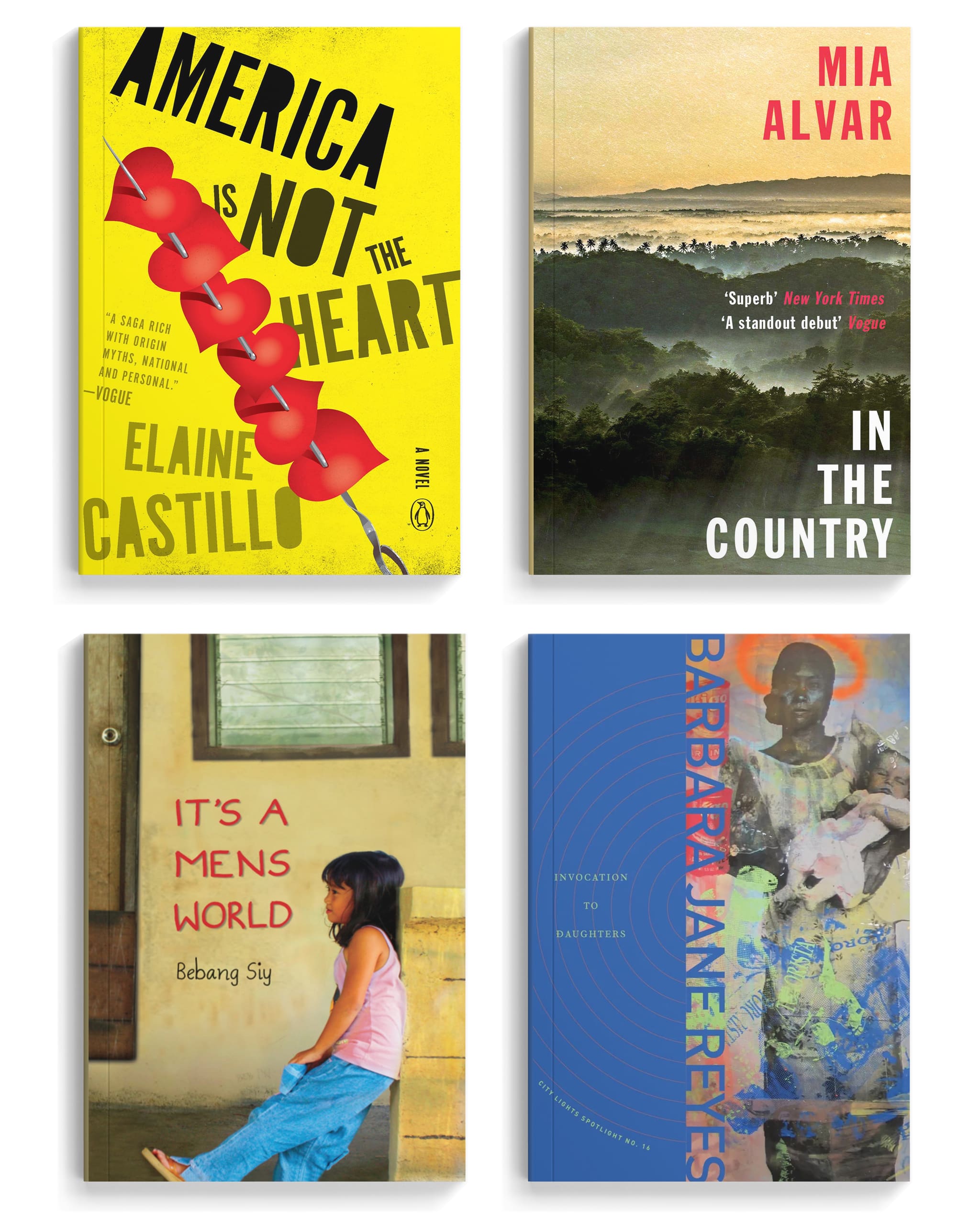They are leading conversations about womanhood, cultural identity, and Filipino identity.
Since 1988, National Women’s Month has been observed in the Philippines every year in conjunction with International Women’s Day to celebrate women’s achievements, raise awareness and advocate for women’s equality, promote positive change to advance women, and fundraise for female-focused charities.
For Women’s Month, Vogue Philippines explores the works of these contemporary Filipina writers who are contributing to conversations about womanhood, Filipino identity, diaspora, gender and sexuality, and culture. Here are just some you should be adding to your reading list:
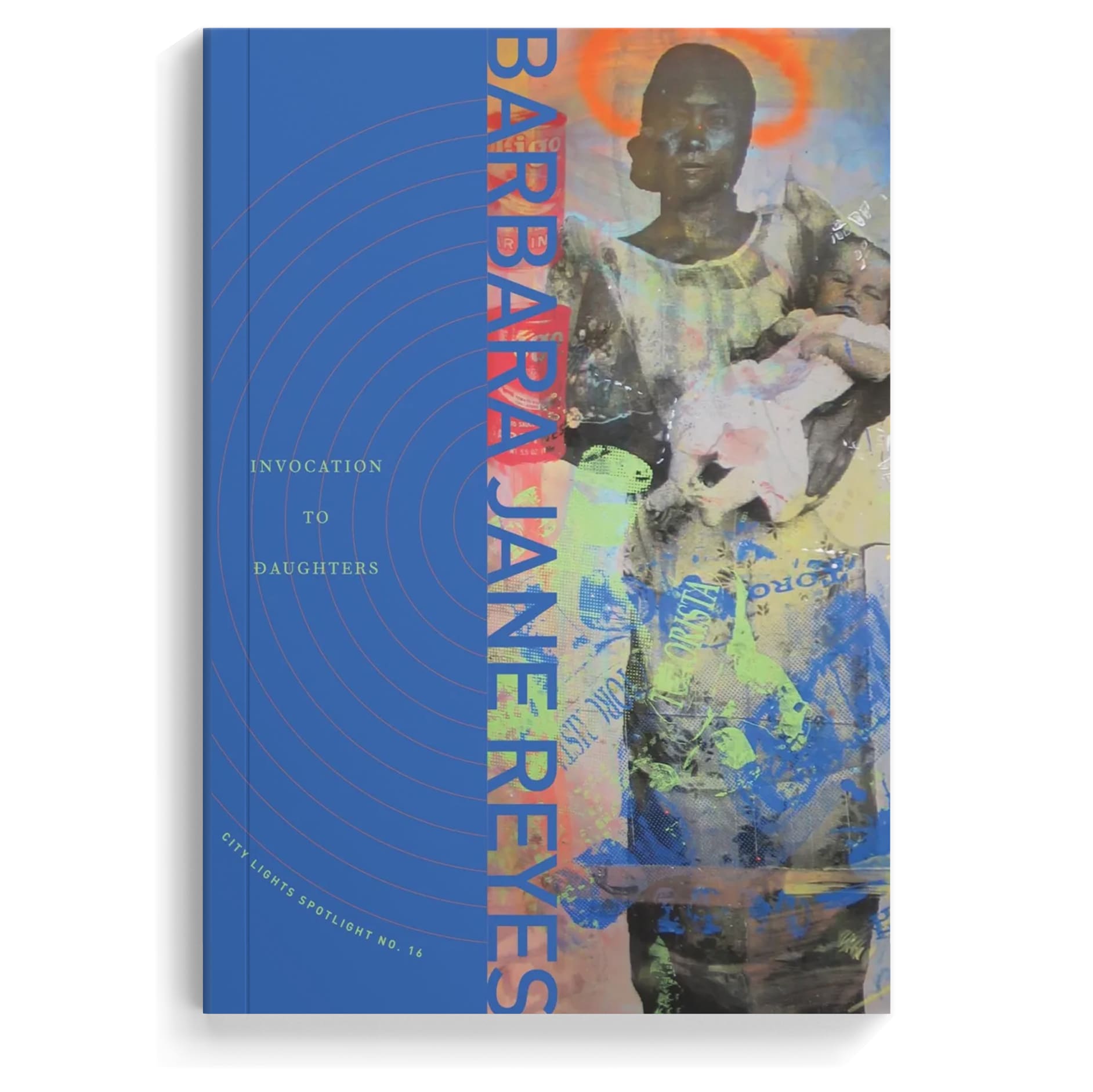
Barbara Jane Reyes
Born in Manila and raised in the San Francisco Bay area, Filipino-American poet Reyes writes about the complexities of diasporic identity, womanhood, and the human body. With works such as “Invocation to Daughters” and “Letters To A Young Brown Girl,” Reyes uses poetry to discuss the nuances of multiple languages, multiple cultures, and multiple meanings. Her book Poeta en San Francisco won her the James Laughlin Award of the Academy of American Poets in 2005.
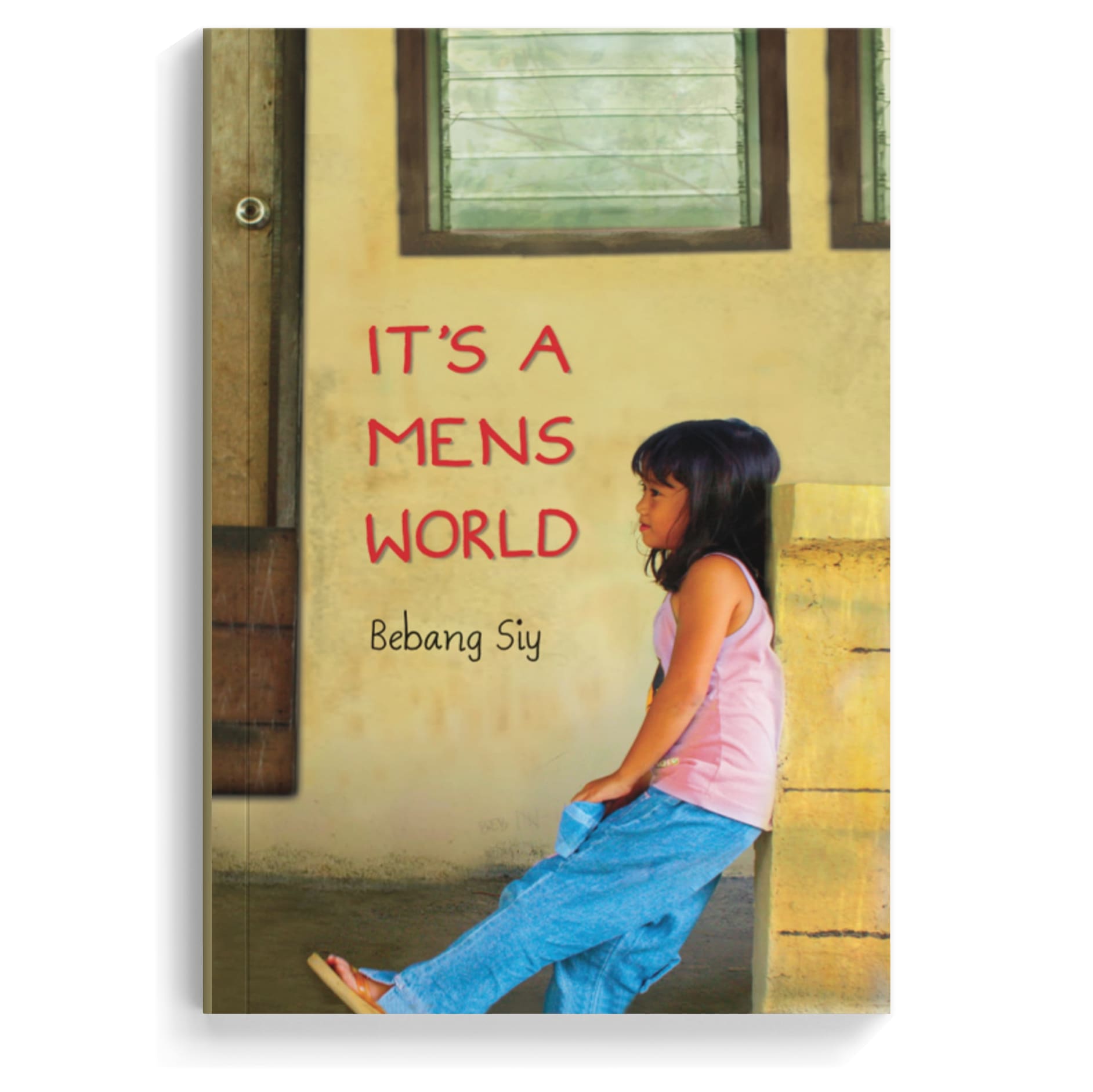
Beverly Wico Siy
In her book It’s A Mens World, writer, translator, and copyright advocate “Bebang” Wico Siy pulls from her personal experience of growing up Filipino, using observational humor to reflect on her background of growing up poor, tell stories about being part of the Filipino-Chinese community, and delve into issues of womanhood. Siy’s witty repartee and punchy Filipino humor won It’s A Mens World the Filipino Readers Choice Awards in 2012.

Daphne Palasi Andreades
In her debut novel Brown Girls, Filipino-American writer Andreades tells a coming-of-age story from the point of view of a collective narrator: brown girls from “the dregs of Queens” who grow into women, navigating successes, failures, and similar microaggressions that they all face.
She draws upon her own experience as the child of Filipino immigrants, depicting what life is like for people of color in the United States in an interview with the Asian American Writers’ Workshop: “a beautiful mix of people, cultures, languages, and beliefs, all co-existing; yet many of these people are invisible within the American society or perceived as outsiders when, in fact, they belong just as much to anyone else.”
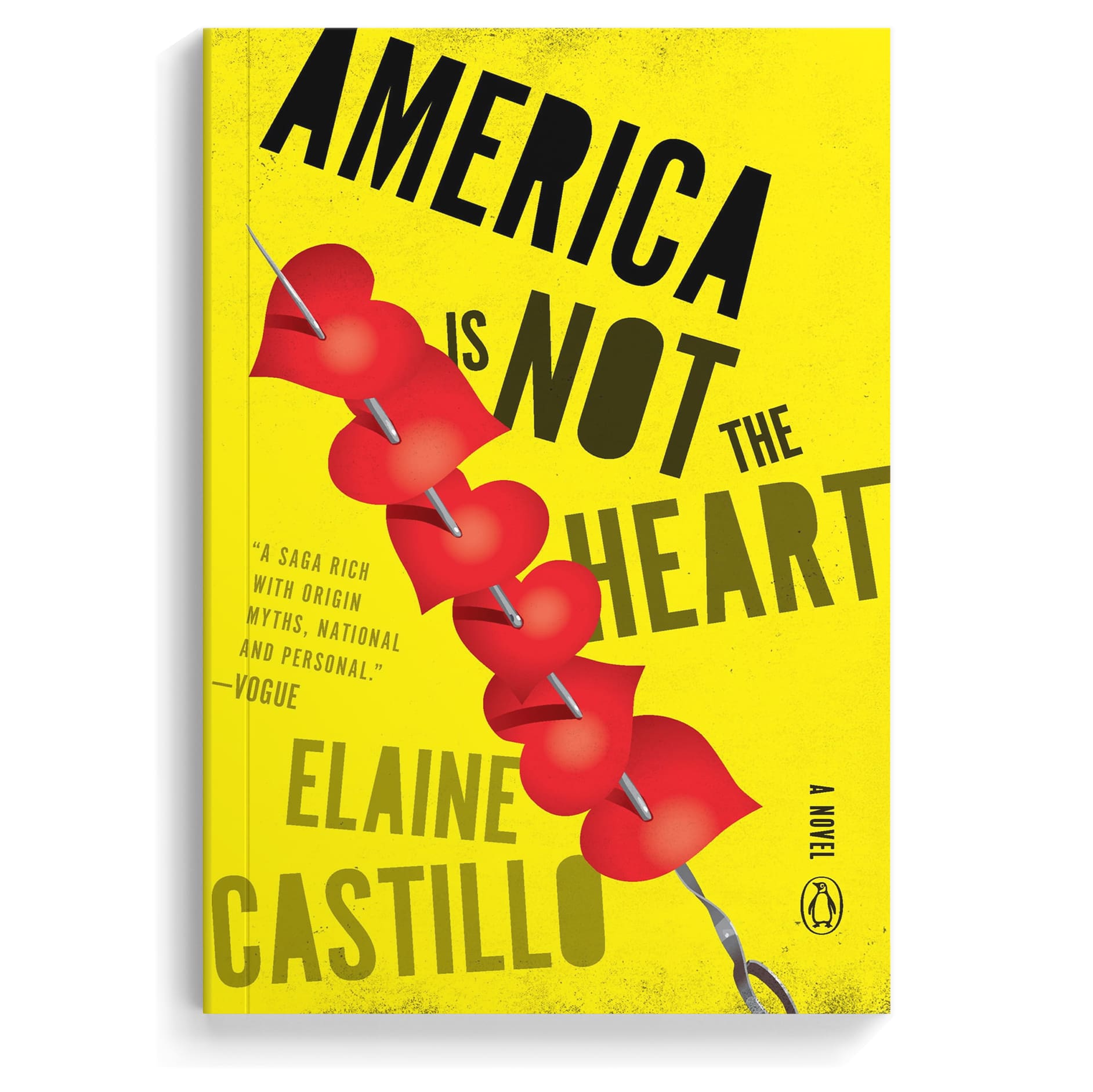
Elaine Castillo
Castillo is most known for her debut novel, America Is Not The Heart, which received critical acclaim. The novel delves into the lives of Filipino immigrants in San Francisco’s East Bay area, touching upon the political climate during the 1980s and 1990s and the immigrant communities that popped up in suburban United States as a result.
She immerses you into the rich layers of multilingual and multicultural immigrant experiences through her use of five languages throughout the novel (English, Spanish, Tagalog, Pangasinan, and Ilocano). Making her main character bisexual is personal. “For me it was very important to write about queer women, bi women in particular, because I’m also bi and I don’t see any representations of bi women anywhere, especially not bi Filipina or Asian Americans,” she says in an interview.
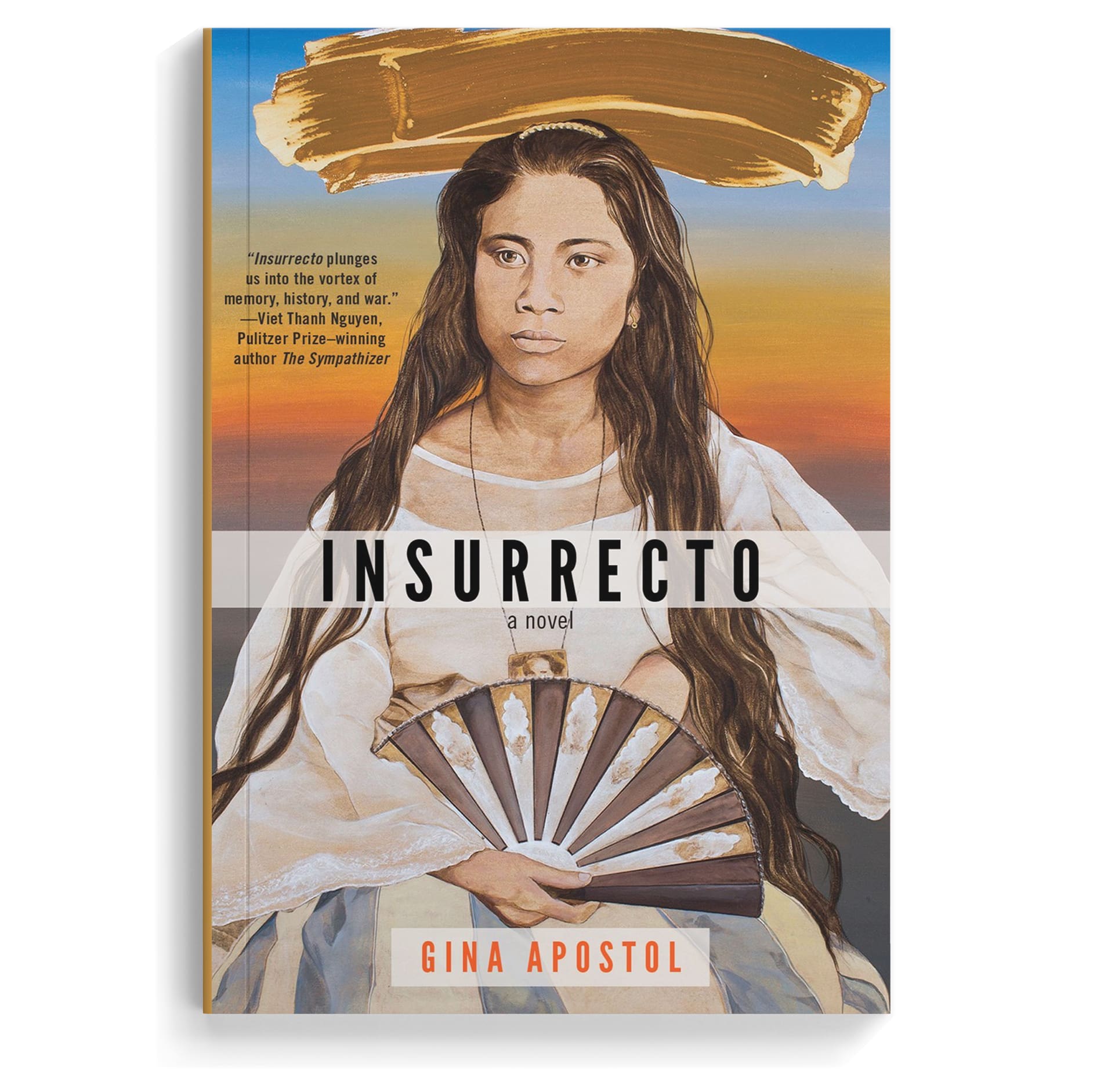
Gina Apostol
A finalist for the Dayton Literary Peace Prize, Apostol’s Insurrecto roots its story around one of the bloodiest incidents in the Philippine-American War: the 1901 Balangiga incident. The novel probes into two women’s ideas for retelling history, weaving multiple intricate narratives into a story of cultural appropriation, history and power, and how these all play into the main characters’ identities and motivations.
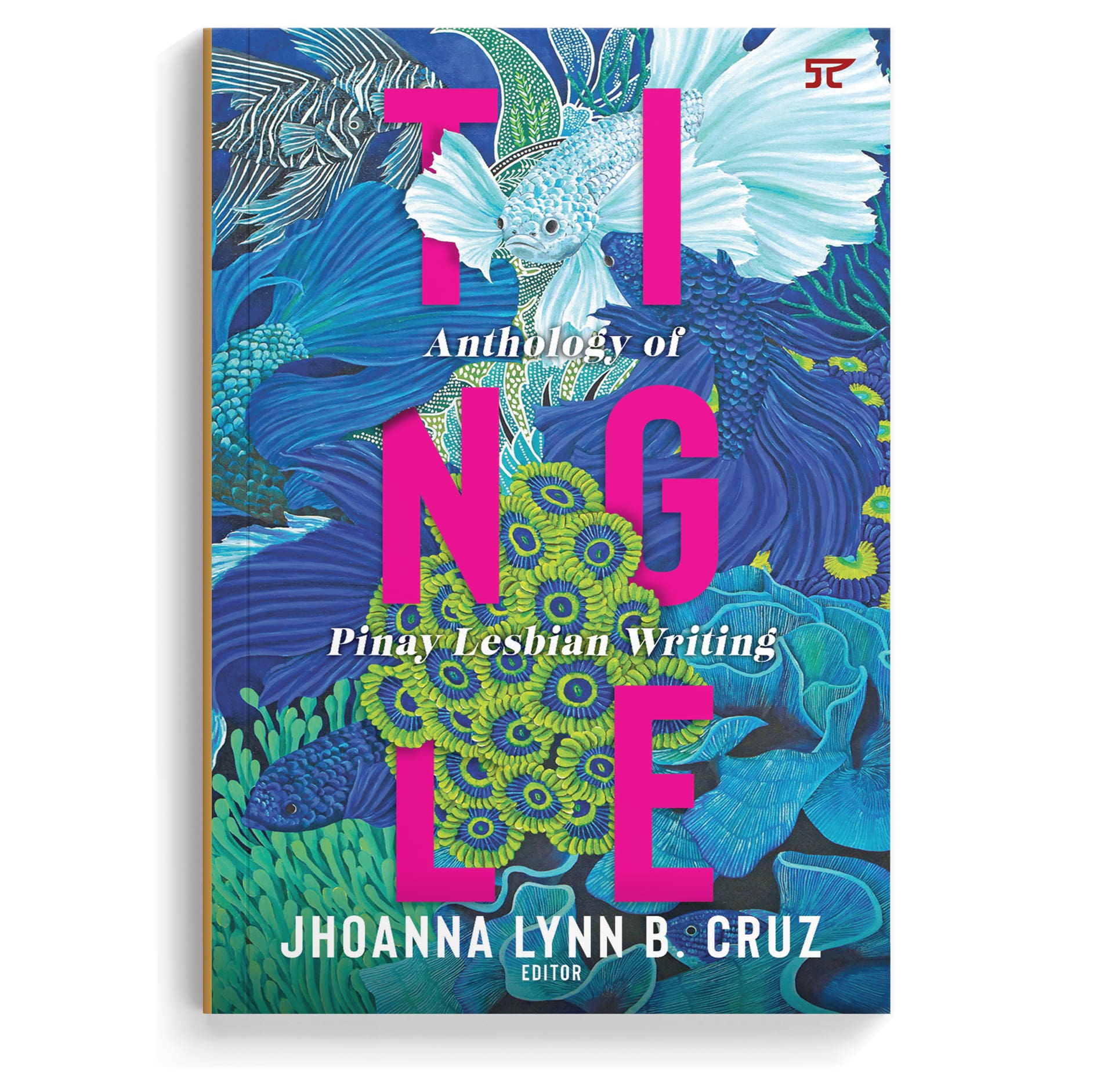
Jhoanna Lynn B. Cruz
“What makes you tingle as a lesbian?” This was the prompt that Palanca Award winner Cruz gave to the contributors who became part of Tingle: Anthology of Filipina Lesbian Writing. While there are compilations of queer writing published in the Philippines, an anthology of the literary works of Filipino lesbians is so overdue that she says “some of our lesbian writers have stopped writing or being a lesbian” in the book’s introduction. The result is a collection of pieces from writers who define what women loving women is like in their own terms.
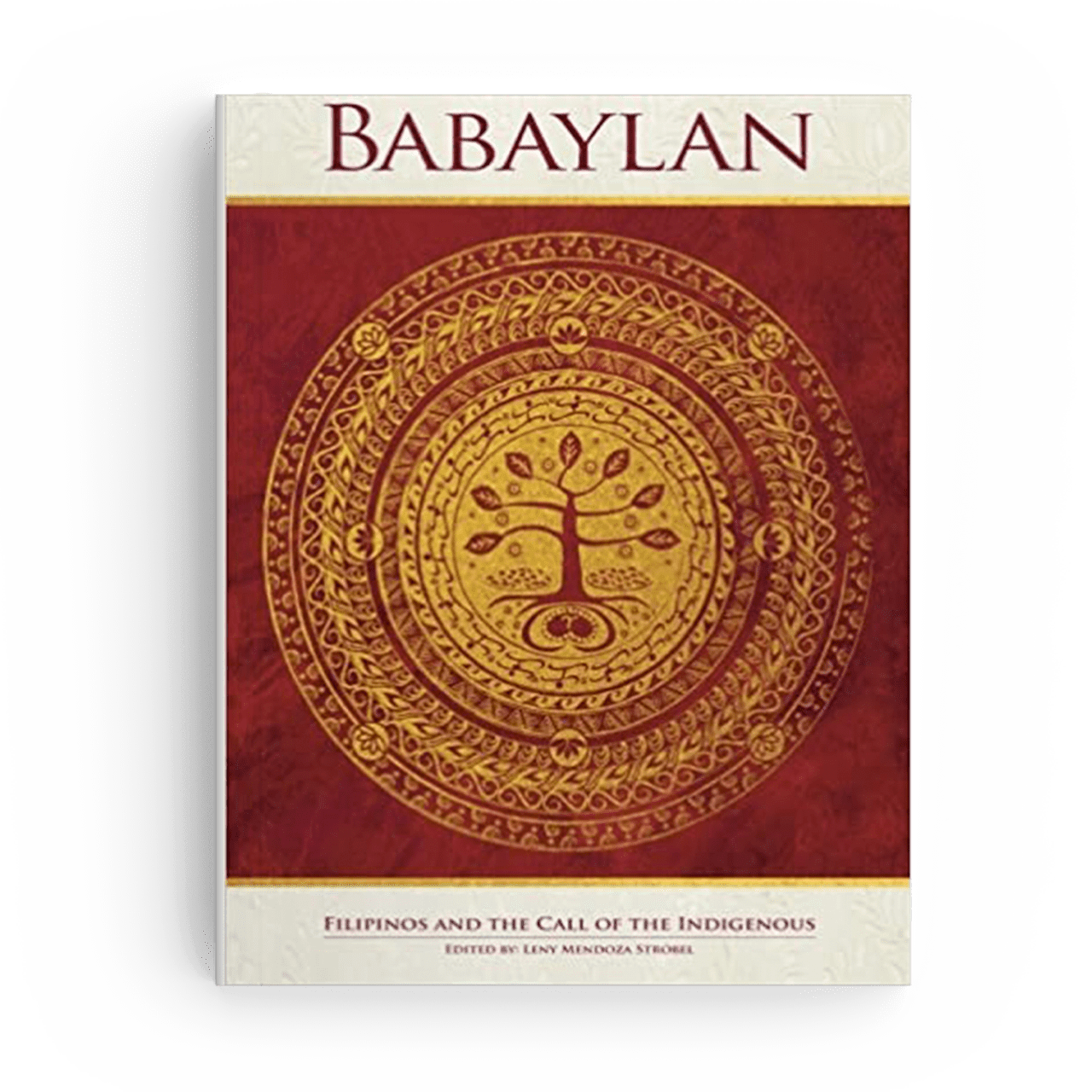
Leny Mendoza Strobel
Founder of Center for Babaylan Studies, Strobel explores the rich history and tradition of the Babaylan in her collection of essays, Babaylan: Filipinos and The Call of The Indigenous. The essays and personal narratives all share one main idea: “If we can articulate the Babaylan’s healing practice and Kapwa psychology as our intellectual, emotional, cultural, and spiritual capital—then we have much to offer to each other, to our communities and to the world.”
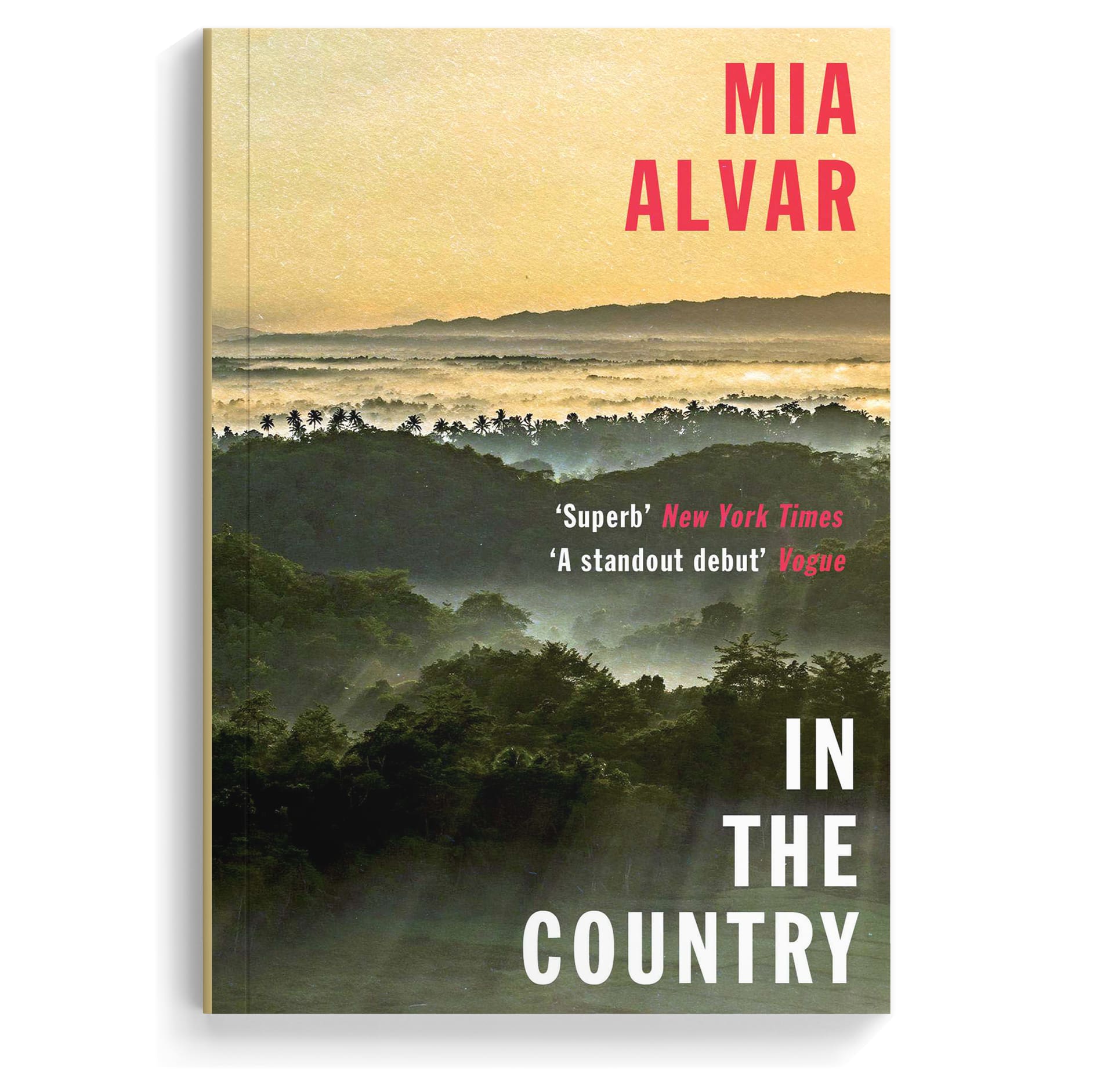
Mia Alvar
PEN/Robert W. Bingham Prize winner Alvar’s most notable work is the short story compilation In The Country. The critically acclaimed debut work dives into the Philippine diaspora through nine short stories of exiles, wanderers, and emigrants who leave the Philippines to start over in the United States, the Middle East, and elsewhere, with some turning back. Alvar’s novel delves into themes of loss, displacement, and the longing for connections across borders.
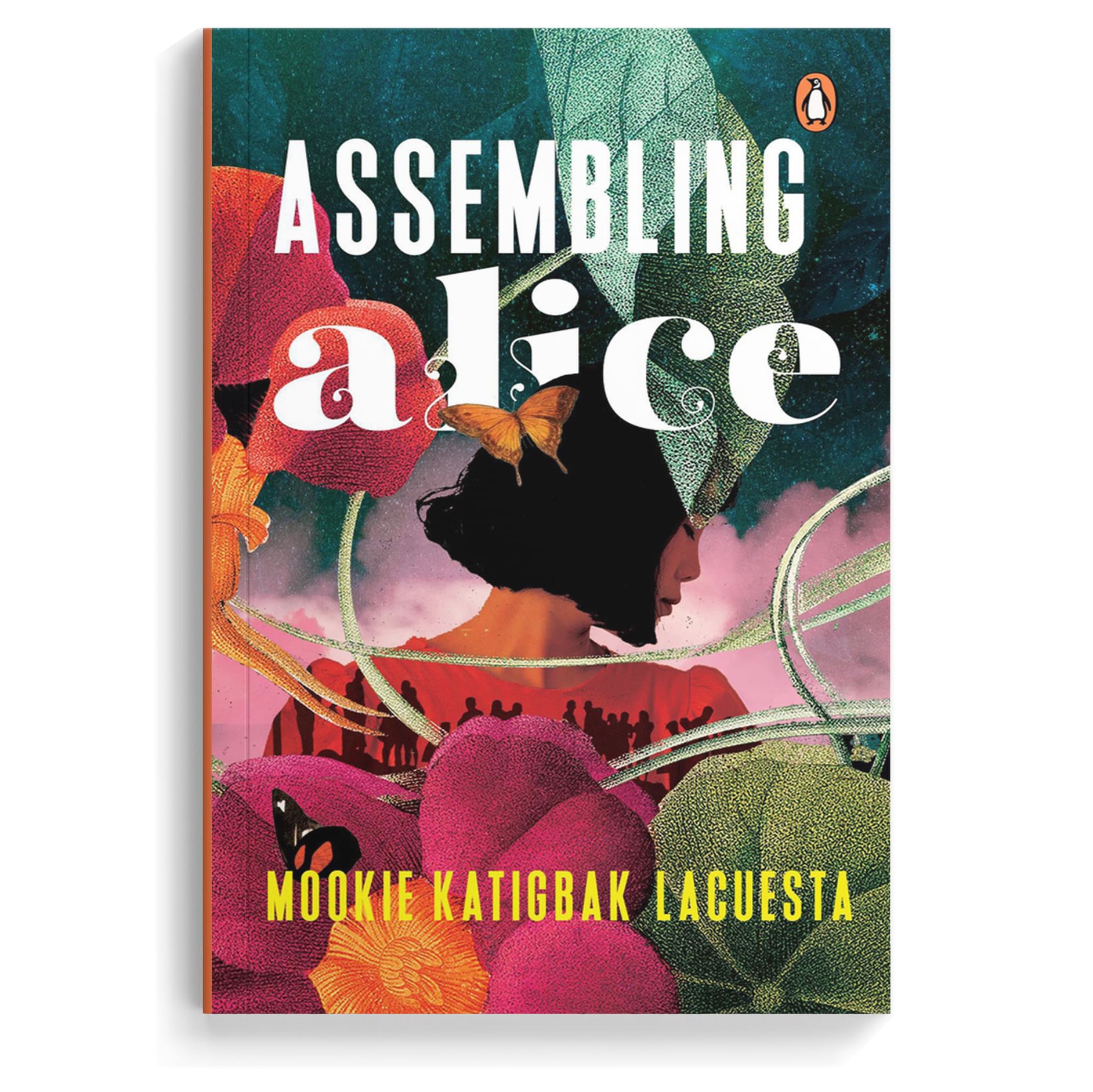
Mookie Katigbak Lacuesta
Palanca Award and Philippines Free Press Award-winning poet Katigbak-Lacuesta’s poetry collections talk about a wide range of topics: love, power dynamics between men and women, the Filipino’s colonial past, diaspora—all presented in lyrical form. But if you prefer to read prose, her latest release, Assembling Alice, is a “biofiction” featuring a real-life person with a fictionalized story centered around nation-building, family storytelling, and memory.
